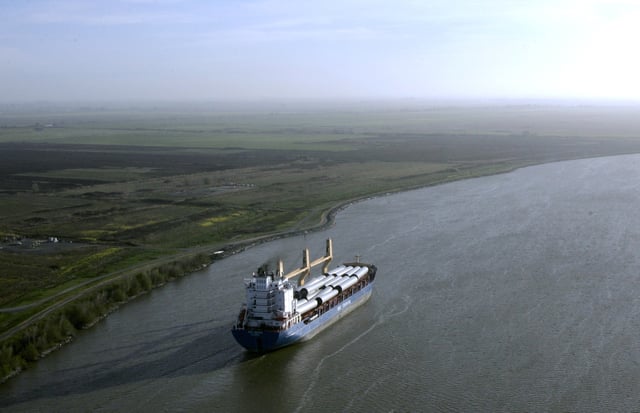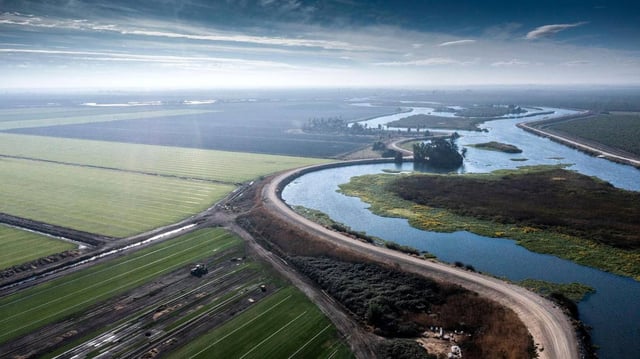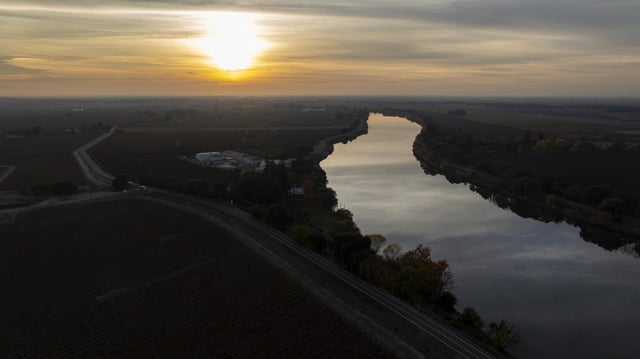Overview
- The Delta tunnel project's estimated cost has risen by $4 billion since 2020, now totaling $20.1 billion.
- State officials argue the tunnel is essential for securing water supplies against climate change and infrastructure risks.
- Opponents, including environmental groups and local communities, claim the project threatens ecosystems and local economies.
- The state’s analysis suggests the tunnel would generate $2.20 in benefits for every dollar spent, despite the high costs.
- Lawsuits and formal protests have been filed to block the project, citing potential harm to fish populations and tribal cultural resources.


